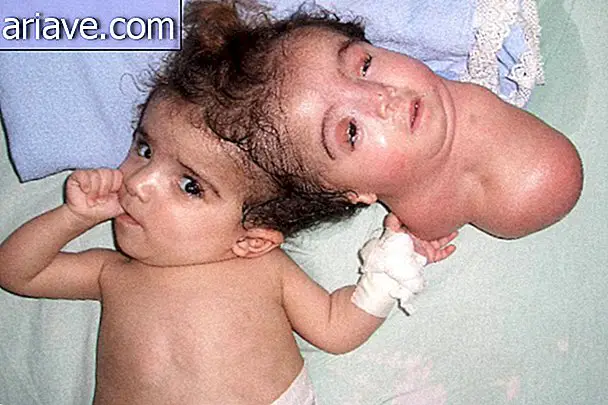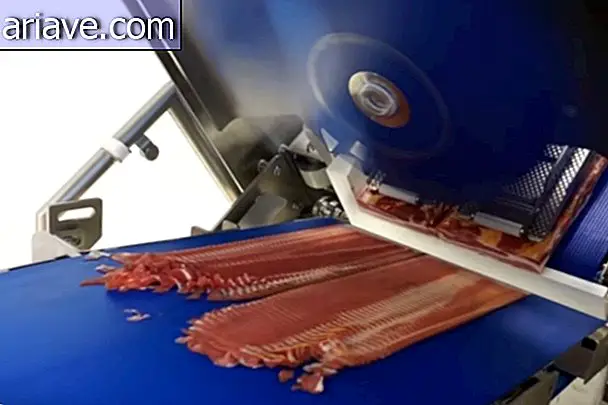How does the church differentiate demonic possession from mental illness?
It is not from today that the Catholic Church uses exorcism in cases of possession. These stories even precede the publication of the Bible, where there are reports of Jesus Christ exorcising victims of invading demons. Christ's powers would have been passed on to his apostles and later to the Catholic priests.
Over the years, however, medicine has advanced to the point of questioning whether demonic possessions cannot really be manifestations of psychiatric illness. That is why, after centuries without revising its methods, in 1999 the Vatican changed its exorcism guidelines and came to recognize some situations as mental outbreaks due to medical rather than necessarily spiritual problems.
Change

Now the Catholic Church is stricter in giving a verdict as to who is or is not under evil interference. Exorcism rituals are no longer offered to all supposedly possessed people - on the contrary: priests rely on the help of doctors to understand the cases they receive and to verify if they are psychotic possessions or outbreaks.
While the psychiatrist observes the behavior of the “possessed” person, asks questions and tries to understand what is going on, the priest is alert to the presence of typical possession characteristics: ability to speak a language previously unknown, showing much more strength than a “normal” person and knowledge of information you should not, such as Church data or the personal life of those around you. These three characteristics would easily classify for the Church a case of possession.
Eternal doubt?

Still, even with the criteria cited above, the Vatican is aware that all of this can be forged - one can study the lives of priests, for example, and use what they know at an opportune time to imply that they are taken by demons.
The new guidelines used by the Church are actually helping members of the clergy differentiate between possession and pseudopossession, in which case the patient may suffer from diseases such as schizophrenia or other dissociative disorders.
The Church also no longer exorcisms in people who say they are cursed or have similar problems. The order is to follow the new rules and perform the procedure only on those who really need it. Still, both the Church and the doctors involved assume that this is a difficult separation and that, unfortunately, mistakes can happen when defining who is or is not possessed.
* Posted on 02/05/14











